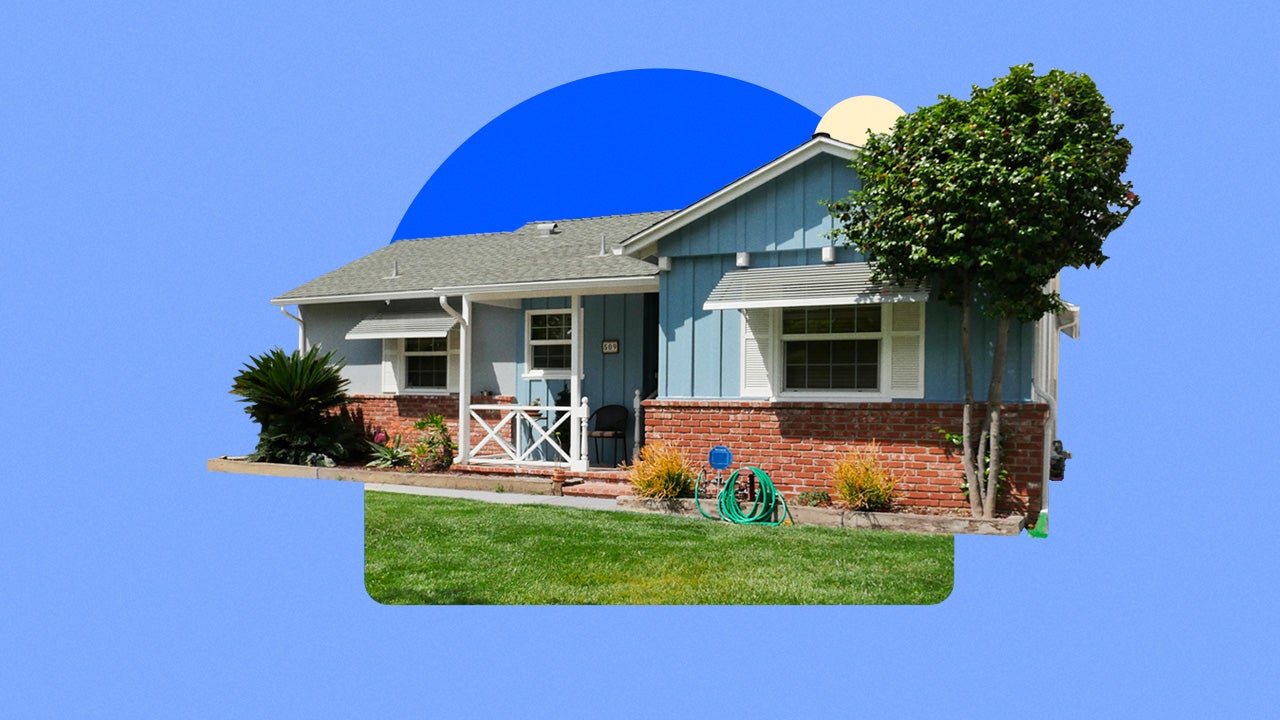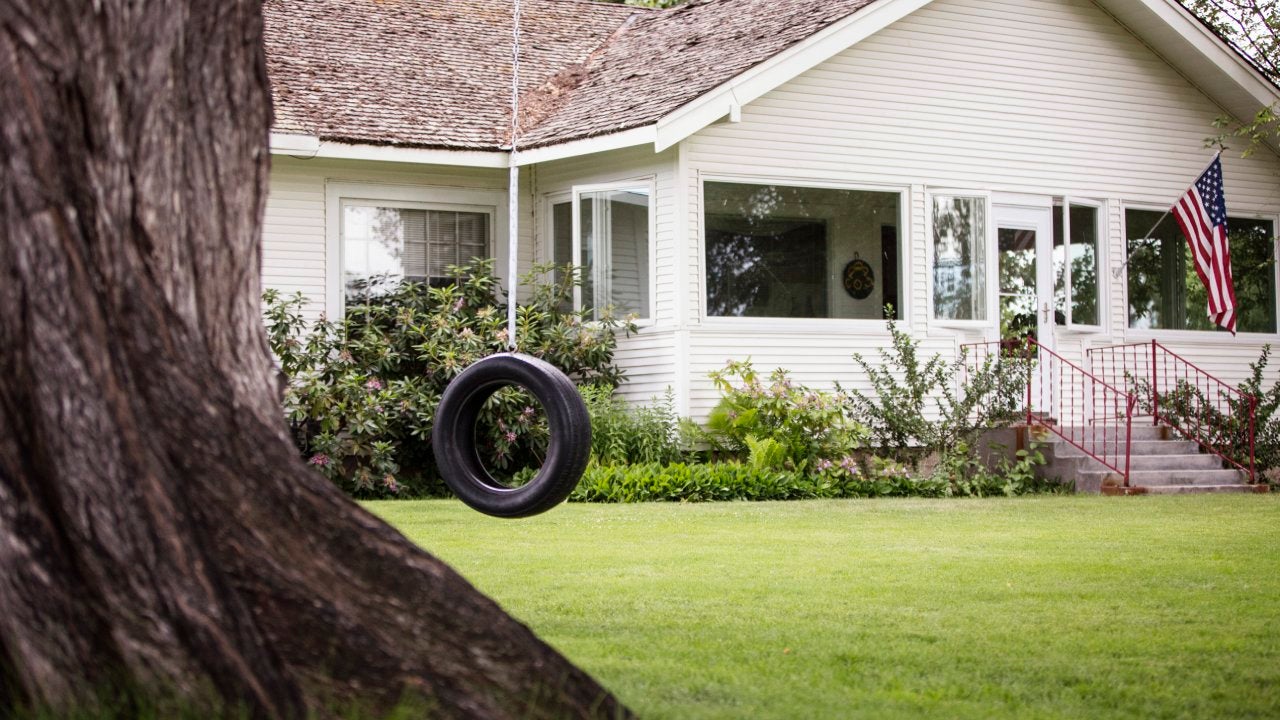Guide to refinancing an FHA loan to a conventional loan




Key takeaways
- Refinancing an FHA loan to a conventional loan could lower your interest rate and eliminate your mortgage insurance payments.
- To qualify for a conventional refinance, you’ll need a minimum 620 credit score and a maximum debt-to-income ratio of 45 percent.
- Keep in mind that refinancing requires a lot of paperwork and involves paying another set of closing costs.
With its lenient down payment and credit score requirements, an FHA loan can be an ideal starter mortgage. But if you’ve improved your credit since the purchase and built up some equity in your home, you may be able to avoid some fees and get a better interest rate by refinancing to a conventional loan.
Can you refinance an FHA loan into a conventional loan?
Yes, it’s possible to refinance from an FHA loan to a conventional loan — one that’s not backed by the government — as long as you meet your lender’s conventional loan standards.
Requirements to refinance to a conventional loan
These are some of the most common financial requirements for a conventional loan refinance:
- A minimum credit score of 620
- At least 20 percent equity in your property
- A maximum debt-to-income (DTI) ratio of 45 percent
- Proof of income and homeowners insurance
When can you refinance to a conventional loan?
Provided you meet the lender’s requirements, you can refinance an FHA loan into a conventional loan at any time. However, your particular state or lender may require the refinance to result in a “net tangible benefit,” like reducing your mortgage payment or shortening your loan term. And there are slightly different requirements if you’re looking for a cash-out refinance.
In contrast, you’d have to wait the better part of a year — 210 days after closing — to refinance to another FHA loan.
How to refinance from an FHA loan to a conventional loan
If you’d like to refinance your FHA loan into a conventional option, here are the basic steps you’ll want to take:
Step 1: Get clear on exactly why you want to refinance
Your reasons for refinancing will determine the type of refinance you want. For example, if you’re hoping to lock in a lower rate or shorten your loan term, then a rate-and-term refinance might be the best option. On the other hand, if you want to borrow against your equity — perhaps for a home improvement project — then a cash-out refi might be a better fit.
Step 2: Research the loan type you want
Once you’ve chosen the right type of refinance for your needs, start looking at lenders. If you’re happy with your current lender, reach out to see if they have any refinancing options that suit you. But request quotes from a few other lenders as well — shopping around can help ensure you get the best rates and terms possible.
Step 3: Evaluate loan offers
After submitting a loan application, you’ll receive a mortgage loan estimate within three business days. Compare your offers, making sure to review each loan’s interest rate and annual percentage rate (APR), as well as its closing costs. The differences you find will inform your decision.
Step 4: Formally apply
Once you’ve chosen a lender, you’ll need to submit your loan paperwork and financial documentation, such as pay stubs and tax returns. You should also prepare for a home appraisal, which many lenders require before closing on a refinance.
Why refinance your FHA loan to a conventional loan?
- If you can get rid of mortgage insurance: Unlike conventional loans, many FHA loans require borrowers to pay mortgage insurance premiums (MIP) for the entire loan term. However, if you have at least 20 percent equity in your home when you refinance to a conventional loan, you won’t need to pay for private mortgage insurance (PMI), the conventional loan equivalent. And even if you do still have to pay it, you can cancel PMI once you reach a certain level of equity.
- If interest rates have dropped: Although rates remain much higher than they were in 2021 and 2022, if you took out your loan more recently, today’s rates may be lower than what you’re paying now. Conventional refinance rates tend to be lower than FHA refinance rates in general, too.
- If your credit score has improved: Let’s say your credit score was 600 when you took out the FHA loan. A few years later, it’s now 670 — or, even better, 700. That’s a huge difference that can help you qualify for a more affordable loan.
- If you can convert your equity into cash: Conventional mortgages allow you to tap up to 80 percent of your home equity through a cash-out refinance without paying mortgage insurance.
Drawbacks of refinancing an FHA loan to a conventional loan
- Refinancing isn’t free: Since refinancing is essentially getting a new mortgage, you’ll incur closing costs all over again. While refi closing costs are cheaper than those for purchase loans, they are still substantial (especially on large mortgages). Ideally, you’ll keep your refinanced mortgage until you reach the break-even point, when your savings outweigh your closing costs. If you plan to move in the near future or don’t have long left in your loan term, refinancing might not be worth it.
- You have to go through the entire loan process again: Remember all the work you had to do to get approved for your first loan? Get ready to do it again. Conventional refinancing involves a lot of paperwork and back-and-forth exchanges with your lender. The average time to close a conventional refinance loan was 40 days as of October 2025, according to ICE Mortgage Technology.
- You might still have to pay mortgage insurance anyway: Although refinancing to a conventional loan allows you to remove the FHA loan’s MIP, you may still have to pay PMI, the conventional loan’s version of mortgage insurance, at least for a while — and it’s likely to be more expensive.
FHA refinancing alternatives
If refinancing your FHA loan to a conventional loan isn’t right for you, you might still be able to take advantage of lower interest rates with an FHA streamline refinance. This program offers refinancing without some of the more stringent underwriting criteria, such as the need to verify your credit or do an appraisal.
To qualify for an FHA streamline refinance, you must:
- Have had your current FHA loan for at least 210 days from closing and at least six months since your first mortgage payment
- Have a record of on-time payments on your loan and no current delinquency
- Receive a “net tangible benefit” from refinancing, such as lowering your monthly payment or changing from an adjustable-rate loan to one with a fixed rate
- Not take out more than $500 worth of equity
An FHA cash-out refinance is another option. This type of mortgage involves refinancing your existing mortgage for a larger amount than the balance owed on your current home loan. When the new loan closes, you receive the difference in cash, which can be used however you wish. (For example, if you owed $300,000 on your current mortgage and obtained a cash-out refinance loan for $350,000, you would receive $50,000 in cash once the new mortgage loan closes.) These loans require a minimum credit score of 620, and your debt-to-income ratio can’t exceed 43 percent.
In addition, if you or a co-borrower have served in the armed forces, you might also qualify for a VA refinance (although if you’re refinancing into a VA loan from a non-VA loan, you’ll need to choose the cash-out refinance option).
FAQ
Additional reporting by Taylor Freitas
Why we ask for feedback Your feedback helps us improve our content and services. It takes less than a minute to complete.
Your responses are anonymous and will only be used for improving our website.




